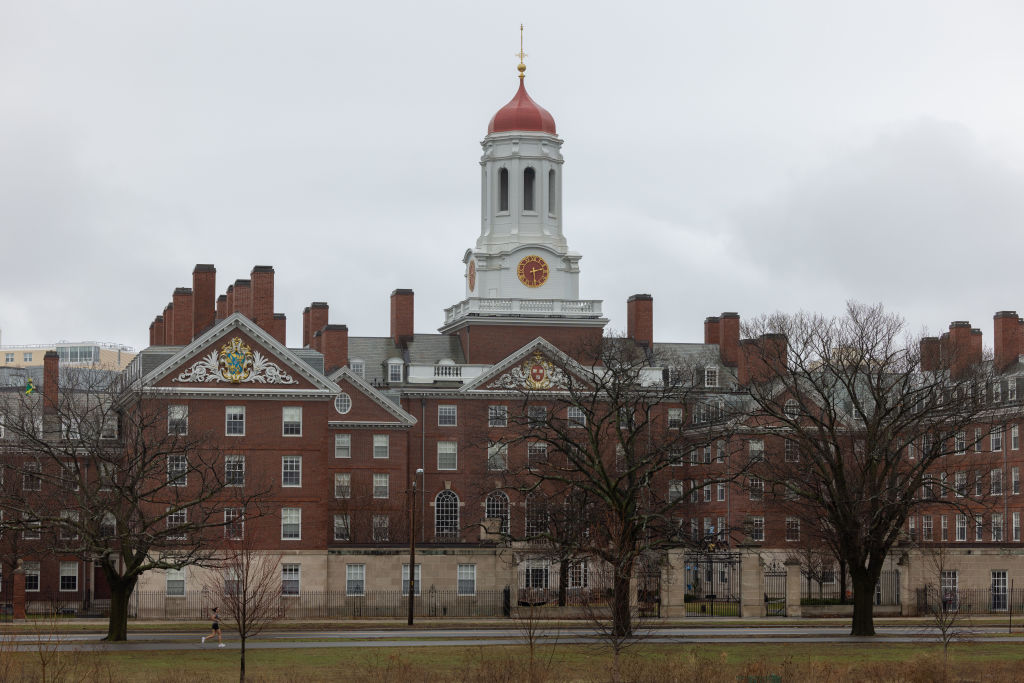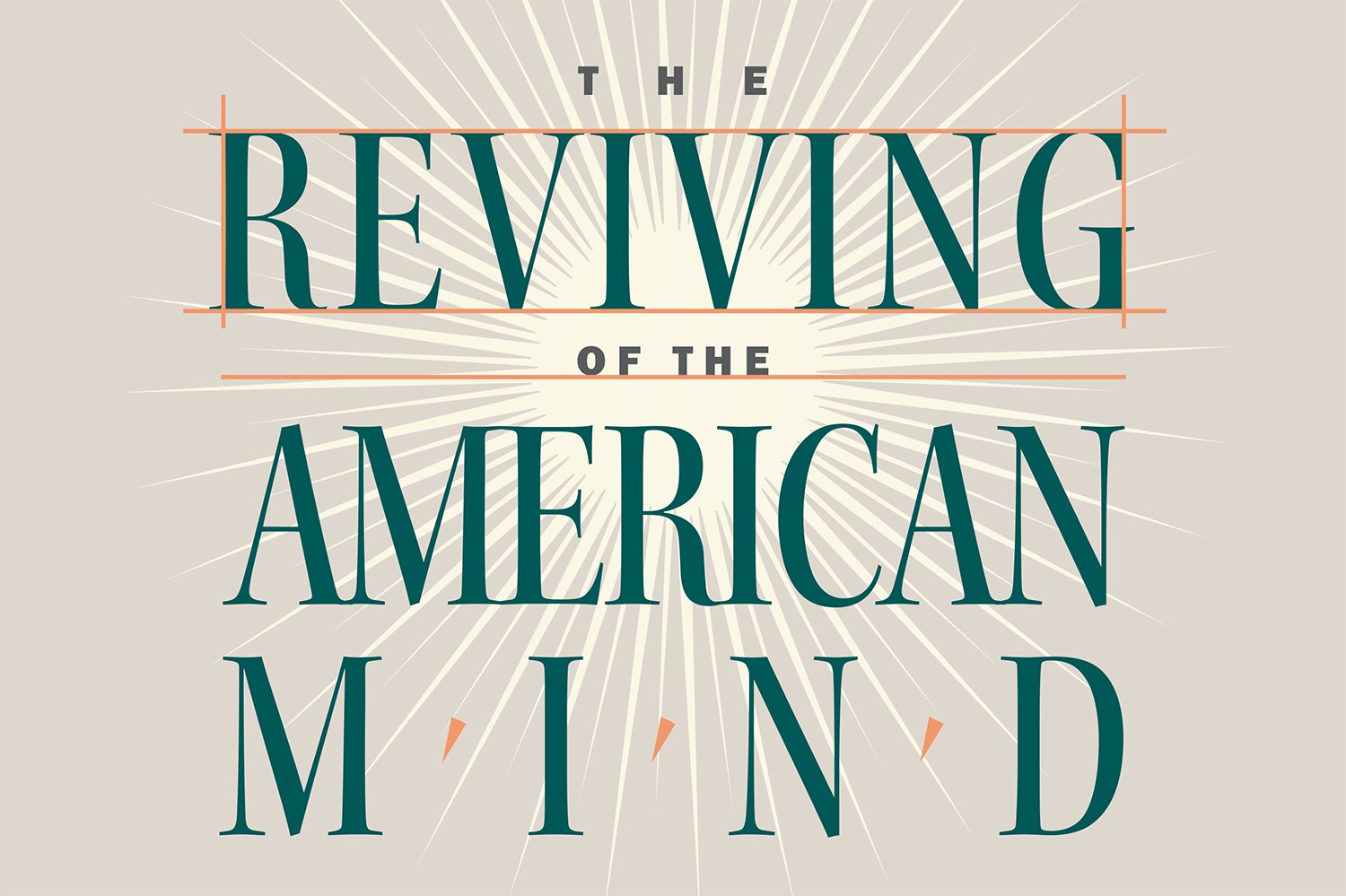Michael J. Sandel, the Harvard political philosopher, has a lot to answer for. Some armchair psychologists think the reason I turned away from journalism to become a free-school evangelist in 2009 is that I wanted to make my late father proud. He helped set up the Open University, among other things. No doubt there’s something in that, but it was also testimony to the influence of the charismatic Harvard professor, under whom I studied for a year. Sandel is a sort of secular Quaker and was always urging his students to eschew the temptations of worldly success and embrace the common good. That was the path to true happiness.
So thanks a lot, professor. I blame you for that disastrous wrong turning. Admittedly, I enjoyed co-founding four schools and will defend Michael Gove’s education reforms to the hilt. But my nine-year stint as a do-gooder ended in public humiliation when Theresa May appointed me to the board of the Office for Students. The offense archaeologists went to work, dug up some sophomoric things I’d said years ago, and I had to resign from five positions, including my full-time job running an education charity. It was as if the custodians of the common good were saying: ‘Get back in your lane, Sunny Jim.’
All of which is a roundabout way of saying that Sandel’s new book, The Tyranny of Merit, should come with a health warning. It’s the same message he drummed into me 30 years ago — show some humility in the face of your good fortune, think of others before yourself, try to be of service — but yoked to a critique of meritocracy. His central point, repeated ad infinitum, is that believing your status is a reflection of your true worth, rather than a function of who your parents were and what school you went to, turns the successful into egocentric monsters and the unsuccessful into aggrieved malcontents. That way, social discord lies. It’s the same critique my father made of meritocracy when he coined the word in 1958 and Sandel sees the populist uprisings of 2016, with Brexit and Trump triumphing at the ballot box, as a foretaste of the bloody revolution my father predicted would occur in 2034.
Sandel has some killer stats to flesh out his thesis. In real terms, the median income for working-age American men, about $36,000, is less than it was four decades ago. Today, the richest 1 percent of Americans make more money than the bottom half combined and those same plutocrats send more students to Princeton and Yale than the entire bottom 60 percent. Of those born in the lowest fifth of the income scale, only about one in 20 will make it into the top quintile; most won’t even get as far as the middle class. No wonder the sans-culottes are getting restless.
Having diagnosed the problem, Sandel proposes a typically utopian solution: society should redistribute recognition and esteem so that ‘those who do not achieve great wealth or prestigious positions’ can ‘live lives of decency and dignity’. But how are you going to achieve that, given the low wages and precarious employment of the unlucky ones? That sounds less like a way of forestalling the revolution and more like a rose-tinted description of its aftermath. David Goodhart, who’s written a book on the same theme called Head Hand Heart, calls this ‘status communism’.
Goodhart’s book is less idealistic. He acknowledges that there are some benefits to society in creating incentives for those most able to work hard, but calls for a rebalancing of rewards so workers by hand get a little more and workers by brain a little less. For Sandel, the dominance of the meritocratic elite and the relegation of those outside it to second class citizens, their noses permanently pressed up against the glass, is an existential threat. Goodhart’s concerns are less dramatic. He worries about the imminent replacement of mid-level managerial jobs by intelligent machines, as well as the recruitment crisis in nursing and adult social care. How are we going to persuade fewer people to go to university and more people to acquire useful vocational skills? Some of his solutions are quite imaginative: subsidies for pubs, free relationship counseling, and more male primary-school teachers.
The great discovery I made during my midlife career change was that people who throw themselves into good works are actually esteemed less than scurrilous hacks. I daresay Sandel is right and philanthropy is good for the soul. But I’ll have to repair my ego before giving it another go.
This article was originally published in The Spectator’s UK magazine. Subscribe to the US edition here.
























